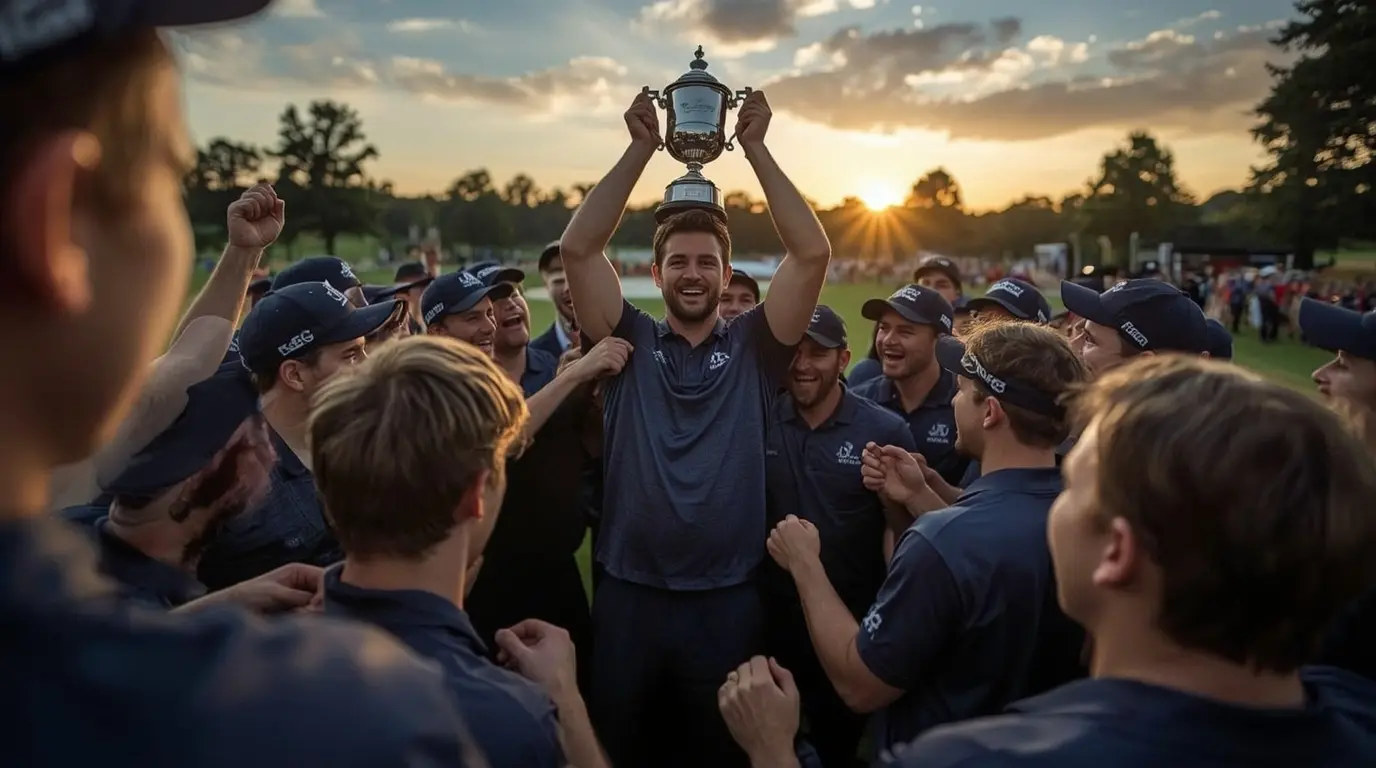In a bold move that’s reigniting the whole debate over who gets to fight in the ring, Algerian Olympic boxing champion Imane Khelif has taken her case to the Court of Arbitration for Sport (CAS). World Boxing has told her she can’t compete unless she agrees to a genetic sex test—a ruling that’s gone viral for all the wrong reasons and raises serious questions about fairness, privacy, and what it means to respect an athlete’s choices.
What Sparked the Fury
In May 2025, World Boxing, still a provisional body, dropped a bombshell: every boxer over 18 must take a PCR genetic test to prove the sex they were assigned at birth. That notice seemed, at least on the surface, a blanket rule, but it openly aimed at Imane Khelif, who was told she was out of the September Boxing World Championships unless she complied. After a backlash, the organization apologized for naming her specifically, saying it should have protected her privacy. Still, the test rule is still on the books, and the boxers worried that their choice to fight could depend on a lab result.
Imane Khelif’s July 5 request aims to cancel a ruling that says she must undergo hormone testing to box again. CAS turned down her plea to pause that ruling before a full hearing, so she will not take part in the World Boxing Championships from September 4–14. Written arguments by both sides are now being shared, and a hearing is likely to happen soon.
Historical Context: From Paris Olympics to Global Scrutiny
The case of Imane Khelif goes back further than this summer. In the 2024 Paris Olympics, she won gold in the women’s welterweight class while controversy swirled about the fairness of her gender classification. The IBA, which lost IOC recognition in 2023 over governance problems, pulled Imane Khelif and Taiwan’s Lin Yu-ting from the 2023 World Championships porch in October, saying they had not passed required eligibility evaluations. The IBA kept the details of those evaluations secret, labelling the findings as “confidential.”
The International Olympic Committee stood by Imane Khelif, insisting she has “always lived as a woman.” In a strong statement, the IOC branded the International Boxing Association’s “abrupt testing crontrol” as unfair and lacking proper procedures. Yet even with this support, Khelif continued to be the target of brutal online harassment, with viral rumors and denouncements from influential voices, including J.K. Rowling and Elon Musk.
The Science and Ethics of Genetic Testing
The global federation now mandates a PCR test, collecting either saliva or blood to identify chromosomal material. If traces of male chromosomal markers are present, the case goes to a panel of specialists for a deeper look. Advocates argue this protects the integrity of women’s boxing, while experts describe the method as invasive and ethically problematic, casting doubt on the results in predicting competitive advantage.
Monitor of the IOC has, for years, permitted female athletes to compete on the basis of the gender listed on their passports—a rule slated to stay in place for the Paris Games. Imane Khelif’s experience underscores the growing friction between a nuanced understanding of gender and the rigid male/female binary still prevalent in Olympic oversight.
Athlete Resilience and Advocacy
Even while facing adversity, Imane Khelif towers with dignity and determination. She declared, “I am fully qualified to take part in this competition—I am a woman. I was born a woman, I’ve lived as a woman, and I’ve competed as a woman.” This statement has turned her into an emblem of courage in Algeria and far beyond its shores. Directly after her Olympic victory, jubilant throngs filled the streets of Algiers, and her face soon adorned countless murals.
Imane Khelif has refused to let online hate go unchecked. She has lodged a formal complaint in France against anyone propagating false and abusive claims, seeking accountability. Her current appeal to the Court of Arbitration for Sport (CAS) transcends personal gain. It questions let the governing bodies ignore rules meant to protect every athlete.
Implications for the Future of Boxing
By gaining provisional recognition from the IOC, World Boxing has a unique window to guide the sport well into the future. Yet the way officials resolve the Khelif incident may rewrite entire chapters of Olympic boxing history. Insiders warn that the federation now must steer a troubled ship between the twin beacons of fair competition and athlete inclusion. Critics, including some former champions, say the latest policy drafts show little light, leaving questions about how rules will be enforced or appealed.
The IOC, led by President Kirsty Coventry, has formed a new task force focused on updating gender rules. The group hints it might roll out a fresh set of guidelines by the time the 2028 Los Angeles Olympics arrive. Meanwhile, the boxing community is keeping a close eye on Imane Khelif’s appeal at the Court of Arbitration for Sport (CAS). The outcome of this case could serve as a global template for any sport grappling with gender-eligibility rules.
Conclusion: A Fight for Dignity and Fairness
Imane Khelif’s case is about more than boxing belts—it’s about human dignity and the quest for a fair playing field. By challenging World Boxing’s current policies, Imane Khelif demands a governing system that honors who athletes are, not just how they are categorized. As she has stated: “My dignity and honor are above all else.” The decision from CAS will echo far beyond the ring, influencing governing bodies and athletes for years to come.

Source: https://edition.cnn.com/2025/09/02/sport/boxing-imane-khelif-sex-testing-cas-intl
For more news updates, visit our home page.




